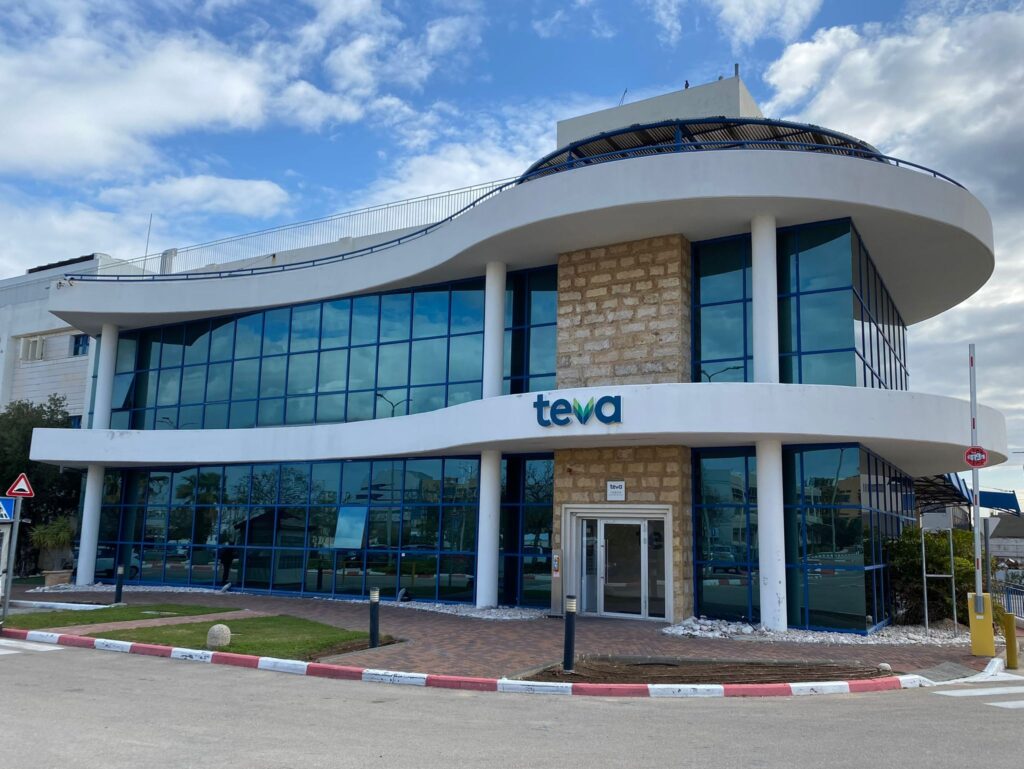Israeli pharma giant Teva has entered into an agreement with Rehovot-based biopharmaceutical company Biolojic Design to produce an antibody-based treatment for Asthma and Atopic Dermatitis.
The development will focus on BD9, an antibody that can block two different proteins (TSLP and IL-13) that trigger inflammation, as a potential therapy for the two inflammatory diseases.
Current approved treatments for these conditions only center on one of the two proteins and not both at the same time. The new treatment was created by Biolojic Design, which uses computational biology and AI to transform antibodies for therapy.
The agreement gives Teva the exclusive worldwide rights to develop and market BD9 as a treatment for the two diseases. The move is part of the company’s “Pivot to Growth” strategy that places increased emphasis on R&D.
As part of the agreement, Biolojic receives an upfront payment, with the potential for further payments when specific development milestones are reached, as well as royalties should the therapy be successfully commercialized.
“The potential therapy we designed for Atopic Dermatitis and Asthma is another example of how AI can revolutionize drug development,” said Biolojic Design’s CEO and founder Yanay Ofran.
“Biolojic’s AI platform allows us to rethink and reimagine what drugs can do. Our platform has already yielded the first AI designed antibody that entered the clinic. As Biolojic continues to focus on developing its internal fully owned pipeline, we are excited that our platform may allow Teva to develop BD9 as a novel therapeutic approach that has the potential to be best-in-class,” he said.
“Based on the size of the indications and validity of the targets, this collaboration with Biolojic presents an incredible opportunity to bring this treatment to many patients,” said Teva’s President and CEO Richard Francis.
“As BD9 can tune itself to the specific underlying conditions of the disease and potentially help more patients who do not respond to current therapies and improve outcomes for existing responders and thus addressing a large unmet need.”
Related posts

Israeli AI Safety Tool Among TIME’S Best Inventions For 2024

TAU Team Discovers Mechanism To Eliminate Cancerous Tumors

Ashdod Port Investing In Startups As Part Of Innovation Strategy




Facebook comments